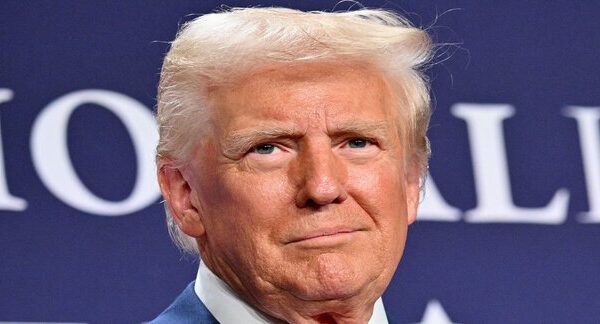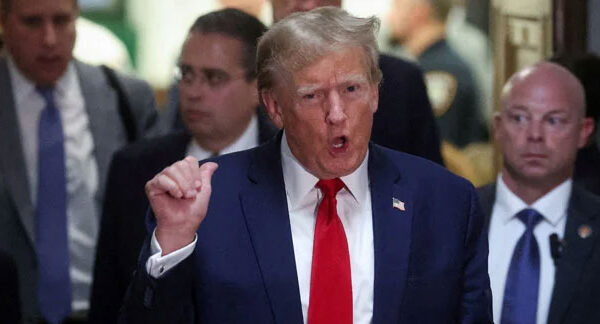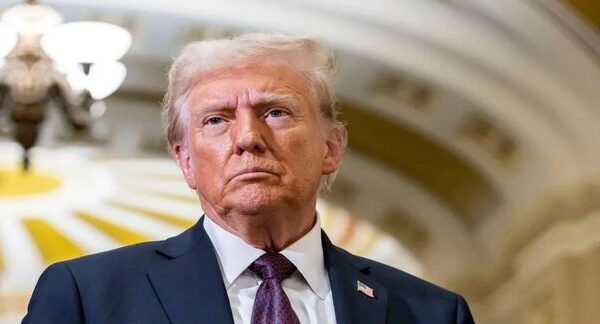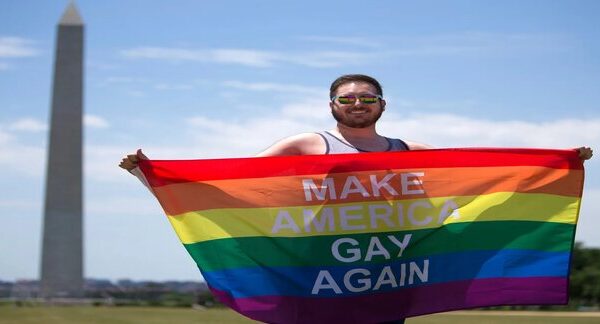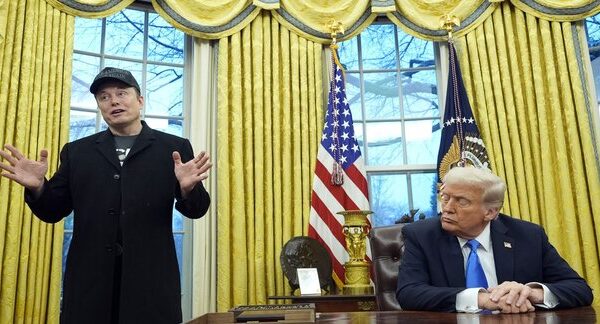The battle over birthright citizenship has reached a critical point. A federal appeals court has refused to reinstate President Donald Trump’s executive order that aimed to limit automatic citizenship for certain children born in the U.S. The decision, made by the 9th U.S. Circuit Court of Appeals, sets the stage for a possible showdown in the Supreme Court.
Court Rejects Trump’s Appeal on Birthright Citizenship
On Wednesday, a three-judge panel of the 9th Circuit declined the Justice Department’s emergency request to lift a lower court’s ruling that blocked Trump’s executive order. The panel found that the Justice Department had not shown a “strong likelihood” of winning the appeal.
Legal experts say Trump’s order conflicts with the Fourteenth Amendment. The amendment guarantees citizenship to anyone born on U.S. soil. It applies regardless of their parents’ immigration status. Trump’s policy aimed to deny birthright citizenship to certain children. It targeted those whose mothers were in the U.S. unlawfully. It also applied if their fathers were not citizens or permanent residents.
Judge Danielle Forrest, a Trump appointee, agreed with the decision. In her concurring opinion, she pointed out that just because a policy is controversial does not automatically make it an emergency requiring immediate court action.
What Does the Constitution Say About Birthright Citizenship?
The Fourteenth Amendment, ratified in 1868, states:
“All persons born or naturalized in the United States, and subject to the jurisdiction thereof, are citizens of the United States and of the State wherein they reside.”
For over 150 years, this clause has been interpreted to grant citizenship to anyone born in the U.S., regardless of their parents’ legal status. The Supreme Court confirmed this interpretation in 1898 in United States v. Wong Kim Ark, ruling that a child born to non-citizen parents in the U.S. is still an American citizen.
The Trump administration argues that this interpretation has led to abuses, including “birth tourism” and unauthorized immigration. However, studies show that only about 7.5% of all U.S. births are to undocumented immigrants, according to Pew Research Center.
Supreme Court Showdown Likely
This case is one of several major legal battles over Trump’s immigration policies. The 9th Circuit’s decision means the Justice Department will likely take the issue to the Supreme Court. If the Supreme Court agrees to hear the case, it could lead to one of the most significant rulings on immigration law in decades.
The Justice Department has defended the order, calling it a necessary step to “repair the U.S. immigration system and address the crisis at the southern border.” However, Democratic attorneys general from four states, including Washington, argue that the president has no authority to change birthright citizenship rules, as they are protected by the Constitution.
What’s Next?
For now, Trump’s executive order remains blocked. A full review of the case is expected in June. If the Supreme Court takes up the case, it could reshape how citizenship is granted in the U.S.
This legal battle highlights a fundamental question: Can a president override constitutional rights through executive action? The answer could have lasting consequences for immigration policy and American identity.

